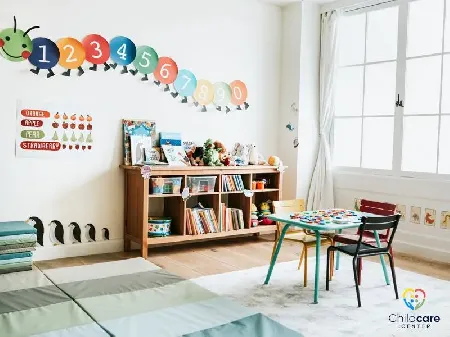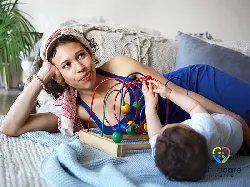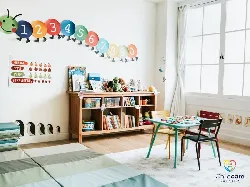Is Daycare Considered School?
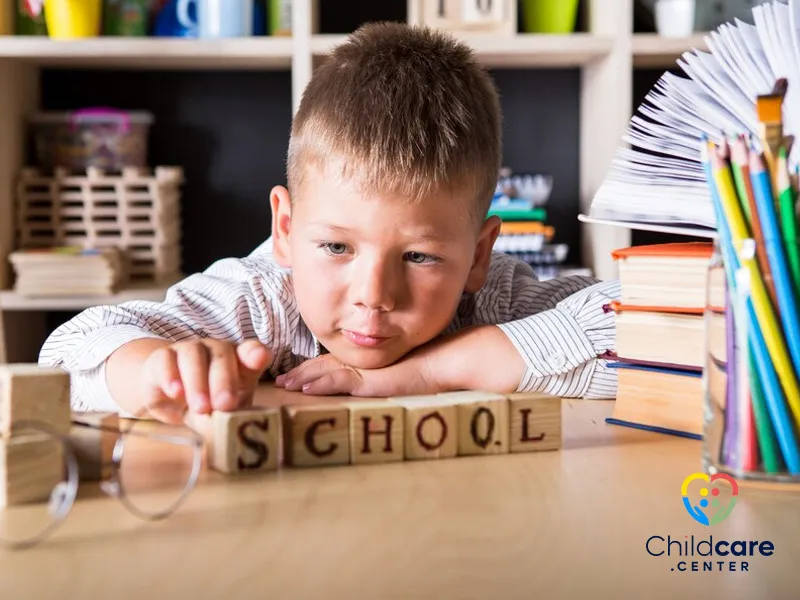
Childcare is an essential part of many families' lives, providing a safe and nurturing environment for young children while parents are at work or taking care of other responsibilities. However, with so many different options available, it can be confusing to understand the differences between various types of childcare. One common question that parents ask is whether daycare is considered the same as school.
While it's true that both daycare and school involve taking care of children, there are several key differences that make them distinct. Daycare centers are typically designed for younger children, ranging from infants to preschool-aged children. Schools, on the other hand, are typically designed for older children who are ready for formal education.
What Is A Daycare?
A daycare center is a facility where parents can bring their children to be taken care of while they are at work or otherwise occupied.
Daycare centers can be run by individuals, private organizations, or even government agencies. The staff at daycare centers are trained to provide a safe and nurturing environment for children, and they may offer educational activities and structured playtime to help children learn and grow.
In Canada, daycare centers are regulated by the government to ensure that they meet certain standards for safety, cleanliness, and quality of care.
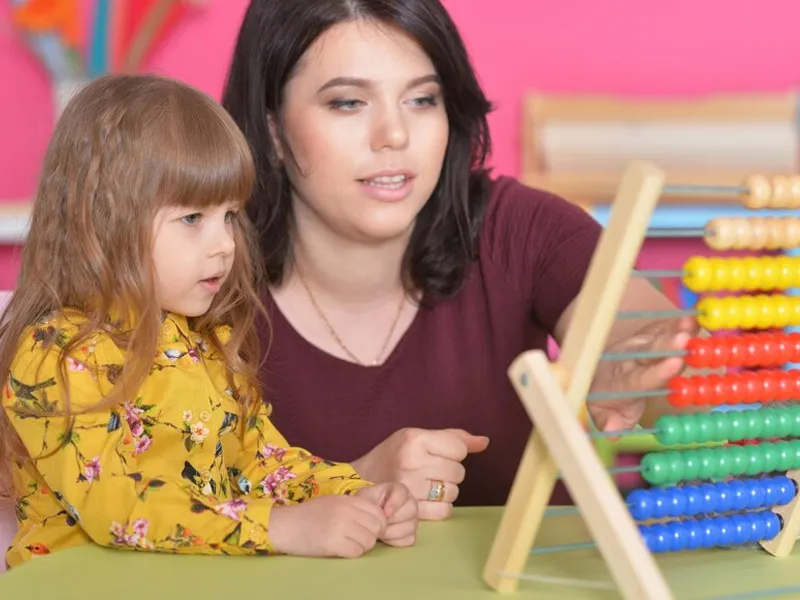
Daycare providers are required to undergo training and background checks to ensure that they are qualified to work with children. Parents can choose from a variety of daycare options, including home-based care, center-based care, and licensed or unlicensed care.Also,parents can find daycare options through various resources, including provincial directories and online search tools provided by organizations.
What is preschool?
Preschool is a type of early childhood education that typically serves children between the ages of 3 and 5. It's designed to provide children with a structured learning environment that prepares them for kindergarten and beyond. Preschool programs vary widely in terms of curriculum, teaching methods, and philosophy, but most aim to support children's cognitive, social, emotional, and physical development.

Preschool programs often focus on play-based learning, where children learn through hands-on activities and exploration. They may also introduce basic academic concepts such as letters, numbers, and shapes, as well as social skills like sharing, taking turns, and cooperating with others. Preschool can also provide children with opportunities for creativity, such as art, music, and movement activities. Preschool can also provide children with opportunities for creativity, such as art, music, and movement activities, fostering a well-rounded development essential for their future success.
Building on these foundational experiences, it's important to recognize how these early years shape a child's approach to learning and social interaction. The benefits of preschool extend far beyond the classroom, setting a positive trajectory for academic and personal development. For a deeper understanding of these benefits and the transformative power of early education, delve into our detailed exploration, Why Preschool Matters.
There are a variety of different types of preschool programs, as explained in more detail in this post: 'What Are the Different Types of Preschools?' This includes private and public options, full-day and half-day programs, and programs that focus on specific educational approaches such as Montessori or Reggio Emilia. Many preschool programs also offer before- and after-school care, which can be a convenient option for working parents.
Overall, preschool can be a valuable experience for young children, helping them to develop the skills and knowledge they need to succeed in school and beyond. By providing a safe and supportive environment for learning and growth, preschool programs can help children to build a strong foundation for future academic and personal success.
Is Daycare Considered School: The Key Differences
While daycare and preschool both offer childcare services for young children, they have different goals, priorities, and approaches. Understanding the key differences between daycare and preschool can help parents make informed decisions about the type of childcare center that is best for their child.Here are some key differences between daycare and preschool:
- Focus on education: Preschools are designed to provide children with a formal education and prepare them for kindergarten, while daycare centers are primarily focused on providing safe and nurturing care for children while their parents work. Preschools typically have a structured curriculum that focuses on literacy, math, social studies, science, and other areas of learning.They also provide opportunities for children to develop social skills, creativity, and independence.

Daycare centers, on the other hand, may provide some educational activities, but their main goal is to provide a safe and caring environment for children to play, rest, and explore.
- Age range: Daycares typically serve children from infancy through age 5 or 6, while preschools are designed for children ages 3 to 5 who are not yet in kindergarten. Some preschools may also offer programs for younger children, but these programs may have different names (such as "pre-kindergarten" or "early learning center"). Because daycares serve a wider age range of children, they must be able to accommodate the different developmental stages, interests, and needs of each child.

- Structure and routine: Preschools typically have a set daily schedule and routine, with specific times for learning, play, and other activities. This structure helps children develop a sense of routine and predictability, which can promote a sense of security and comfort.Daycare centers may have a more flexible schedule, allowing children to nap, eat, and play as needed throughout the day. Flexibility can help families with irregular schedules or children needing quiet time, but may mean less structured learning.
- Qualifications and training:Preschool teachers need a bachelor's degree in early childhood education, child development, or related fields, plus a teaching license. Daycare providers' training requirements vary by location, but they must meet certain health and safety standards, such as CPR and first aid certification, background checks, and training in child development and behavior management.
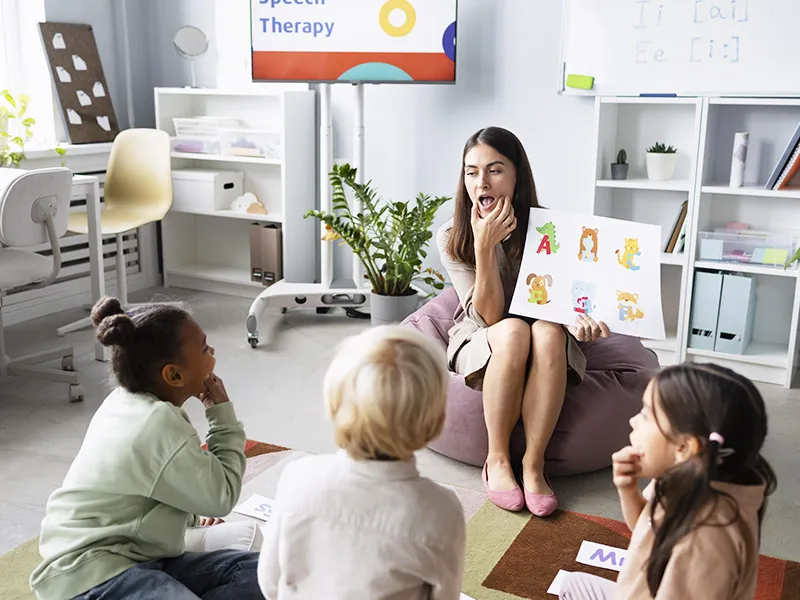
- Size: Daycare centers can vary in size from small home-based operations to large facilities that can accommodate dozens or even hundreds of children. Preschools tend to be smaller in size, with a typical class size of around 15 to 20 children.
- Location: Daycare centers may be located in a variety of settings, including homes, commercial buildings, or community centers. They may also be attached to or located within a larger facility, such as a workplace or a hospital. Preschools are typically located in dedicated buildings or rooms within a larger school or educational facility. Preschools usually have classrooms that are specifically designed to facilitate learning and socialization, whereas daycare centers may have more flexible spaces that can be adapted for various activities and play.

- Building features: Daycare centers may have a variety of features designed to meet the needs of young children, such as child-sized furniture, low shelving, and soft flooring materials. They may also have outdoor play areas and other amenities like nap rooms, snack areas, and changing tables. Preschools also have features designed for young children, but they may be more focused on educational activities, such as child-sized tables and chairs, a designated reading area, and educational toys and games.
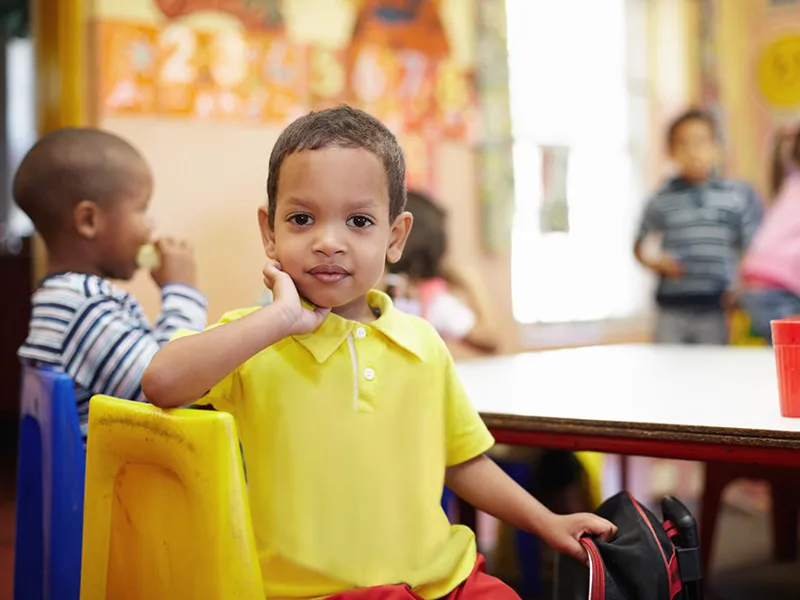
- Safety and security: Both daycare centers and preschools have safety and security measures in place to protect children. Daycare centers may have security cameras, secure entrances, and regular safety drills. Preschools may have similar measures in place, but they may also have additional safety features such as fire alarms, emergency exits, and childproofing measures.
Overall, while both daycare centers and preschools provide care for young children, they have different focuses and may have different requirements based on their location and building features. Parents should consider their child's age, developmental needs, and educational goals when deciding between daycare and preschool.
Day Care or Preschool — What's Best for Your Family?
Choosing between daycare and preschool can be a difficult decision for parents. There are several factors to consider. here are some points to consider when deciding between daycare and preschool:
- Age of your child: Daycare may be a better option for children under 3 years old who need full-time care, while preschool may be more appropriate for children between the ages of 3 and 5 who are ready for a more structured learning environment.
- Work schedule: Consider your work schedule and the availability of care during the hours you need it. Daycare centers may offer more flexible schedules to accommodate working parents.
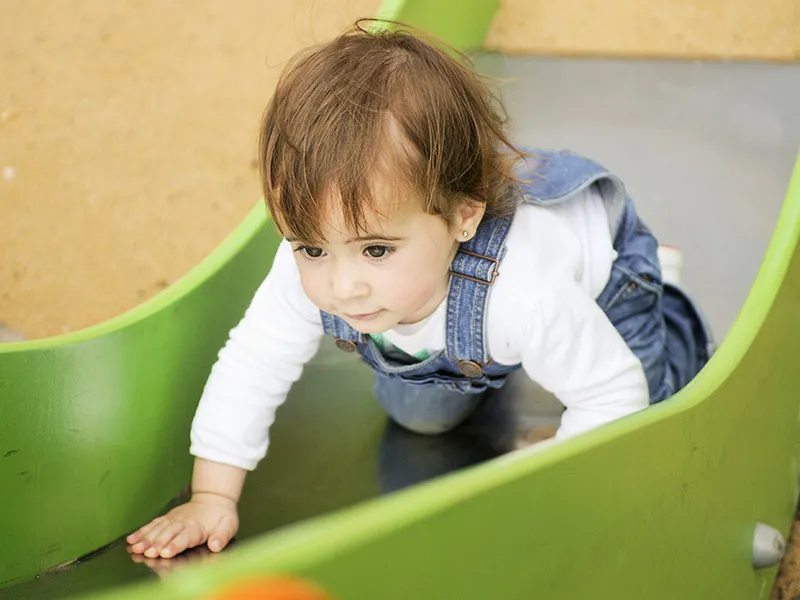
- Personality and developmental needs of your child: Some children thrive in a more structured environment, while others do better in a more relaxed and flexible setting. Observe potential providers and determine which environment is a better fit for your child.

- Cost: Daycare may be more affordable than preschool, especially for full-time care. However, preschool may offer more educational value for the cost. Research and compare costs and benefits to determine what is best for your family.
- Educational goals: Consider your educational goals for your child. If you want your child to have a more formal education to prepare them for kindergarten, preschool may be the better choice.
- Trust your instincts: Ultimately, trust your instincts and make the decision that feels right for your family. Remember that the right choice for one family may not be the right choice for another.
Every Family Has Different Needs
When deciding between daycare and preschool, it's crucial to consider your family's unique needs and priorities. If you value a home-based setting, a family daycare or nanny might be a better choice than a center-based program. However, if you want your child to thrive in a structured environment that promotes socialization and learning, a preschool or daycare center could be a great fit.
When considering options for daycare and preschool, it's important to keep in mind the unique needs of children with disabilities or special needs. Parents of children with special needs should look for daycare or preschool programs that offer specialized services to meet their child's needs. These programs may offer specialized teachers, therapists, and other professionals who can provide the necessary support for children with physical, emotional, or developmental disabilities.
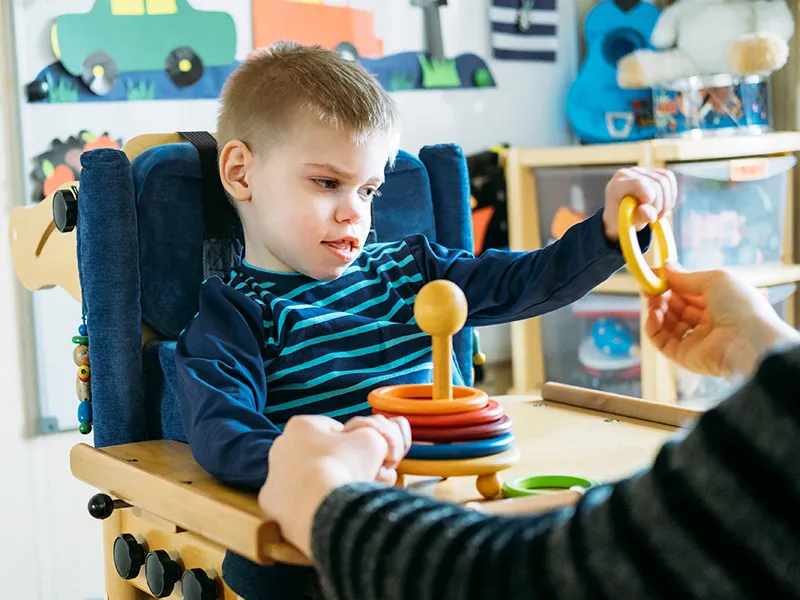
It's also important to consider the accessibility of the program for children with special needs. Parents should look for programs that are designed with accessibility in mind, including wheelchair ramps, wide doorways, and other features that can accommodate children with physical disabilities. In some cases, parents of children with special needs may need to consider hiring a specialized caregiver or nanny who has experience working with children with similar needs. Whatever the decision may be, it's important to prioritize the unique needs of the child when choosing between daycare and preschool options.

conclusion
To conclude, it's important to recognize that daycares and schools, such as preschools, have distinct roles in childcare. Each caters to specific purposes and age groups. When deciding between daycare and preschool, it's crucial to assess your family's specific requirements and the aspirations you have for your child's development. By conducting thorough research and selecting a center that aligns with your needs, you can ensure that your child receives exceptional care and educational opportunities.
Remember, every child is unique, and what works for one family may not be the best fit for another. Take into account your child's individual personality, learning style, and developmental stage when making the decision. By prioritizing their well-being and growth, you can set them on a path towards a bright future filled with learning and success.




